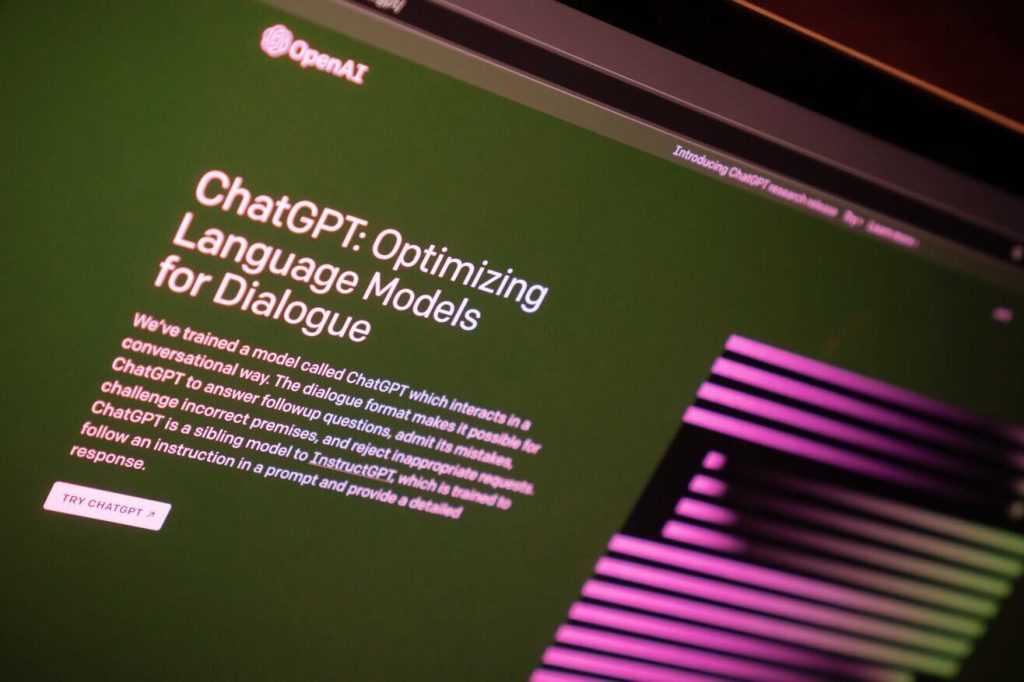In recent years, OpenAI has emerged as a prominent player in the realm of artificial intelligence (AI) research, producing advanced models like ChatGPT and GPT-4. However, the company, like many others in the tech industry, is grappling with a significant challenge: a shortage of high-performance AI chips, particularly Graphics Processing Units (GPUs). As AI models become more sophisticated and demanding, the strain on the GPU supply chain has escalated, leading OpenAI to explore an intriguing solution – the development of its own AI chips.

The Growing Demand for AI Chips
The demand for specialized AI chips has surged as a result of innovations in generative AI technology. OpenAI’s ChatGPT service, for instance, has gained immense popularity, but it comes at a cost – a steep one. Each query for ChatGPT currently costs approximately 4 cents, a figure driven up by the high operational costs associated with relying on third-party vendors for GPUs, notably Nvidia.
OpenAI’s Dilemma: Exploring Multiple Avenues
To alleviate this issue and ensure a stable supply of high-performance AI chips, OpenAI is considering several strategies. One of the most notable is the possibility of designing and developing its own AI chips. This endeavor would involve substantial investment and research, with no guaranteed success.
Another option on the table is closer collaboration with existing chip manufacturers, such as Nvidia, to ensure a more reliable supply chain. OpenAI is also exploring the prospect of acquiring an AI chip-making company, a strategy that has been employed successfully by Amazon in the past.
Microsoft’s Role and Implications
One significant aspect to note is Microsoft’s involvement. Microsoft is one of OpenAI’s major backers and has been working on its own custom AI chip, which OpenAI is currently testing. This development suggests a potential divergence in strategies between the two tech entities. OpenAI’s exploration of alternative solutions could indicate a shift in its approach to hardware development.
The Uncertain Road Ahead
It’s essential to recognize that OpenAI has not made a final decision on whether it will embark on the challenging journey of building custom AI chips. If they do decide to take this path, it will undoubtedly be a multi-year effort requiring substantial financial commitment.
Influence on the AI Landscape
The outcome of OpenAI’s deliberations will have a significant impact on the AI technology landscape. It could reshape the way AI models are trained and deployed, not only for OpenAI but also for the broader industry.
In conclusion, OpenAI’s consideration of developing its own AI chips reflects the growing pains of the AI industry. The shortage of AI chips has created hurdles for companies like OpenAI, prompting them to explore innovative solutions. While the road ahead is uncertain and challenging, the decisions made by OpenAI will undoubtedly shape the future of AI technology, potentially ushering in a new era of chip development and supply chain stability.
Source: https://techcrunch.com/2023/10/06/openai-said-to-be-considering-developing-its-own-ai-chips/
https://www.gizmochina.com/2023/10/06/openai-plans-in-house-ai-chip-production-amidst-industry-challenges/


Join the Discussion